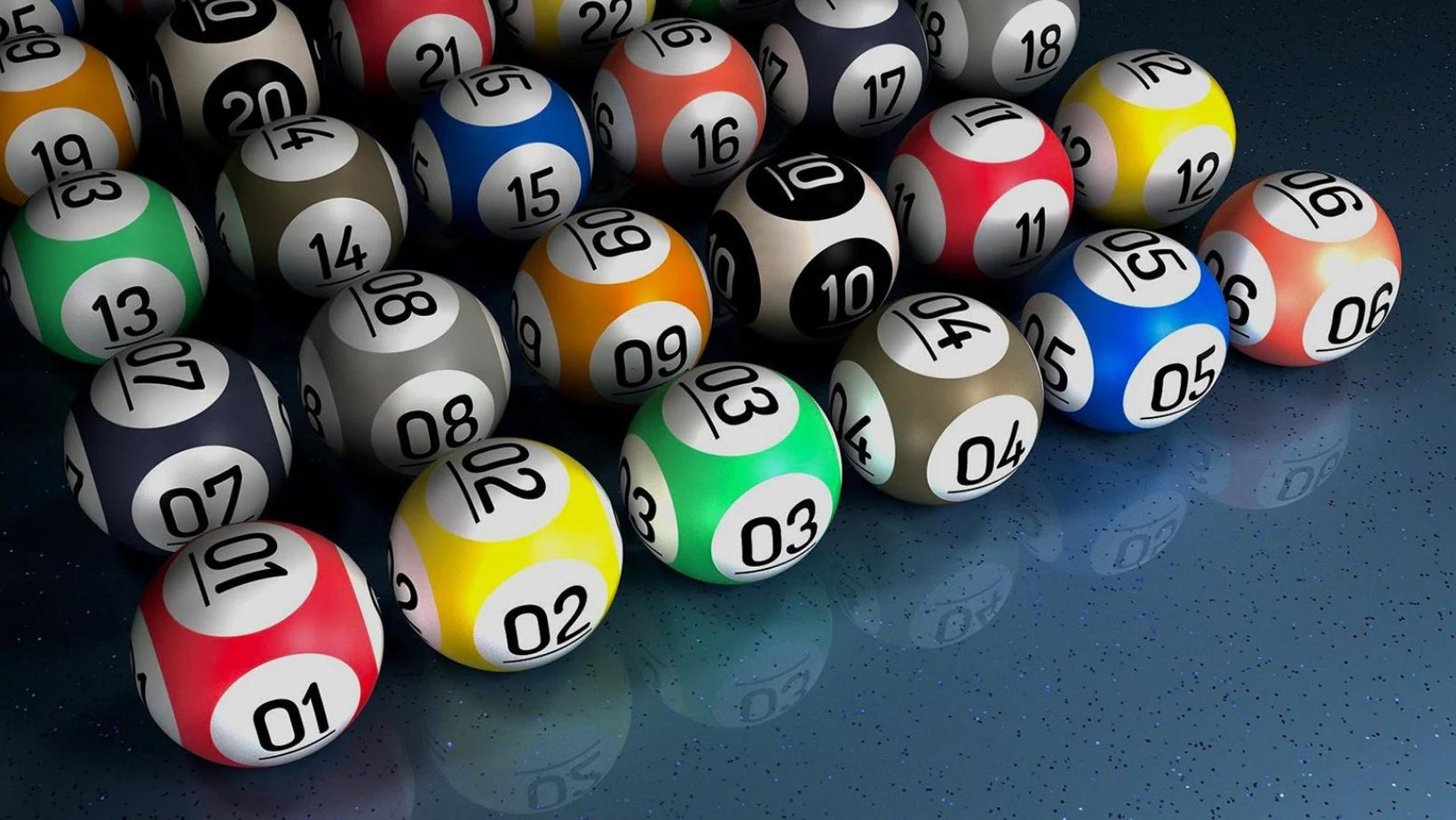The Lottery system has long fascinated players across the globe, offering a tantalizing dream of overnight wealth. As one of the most well-known forms of gambling, lotteries have developed over centuries, molded by social, financial, and digital changes. This article examines the complexities of lotteries, exploring their history, mechanics, societal implications, and the psychology behind why players participate.
Origins of Lottery Games
The roots of lotteries can be found in antiquity. The Chinese Han Dynasty (205-187 BC) is believed to have used a form of lottery to fund government projects, including the Great Wall. Similarly, the Roman Empire conducted lotteries as part of celebrations during feasts. However, it was not until the 15th century that lotteries began to take a more organized form in Europe. The first recorded lottery in the modern sense occurred in the Low Countries (present-day Belgium and the Netherlands) in 1445, with proceeds aimed at raising funds for town fortifications and other public needs.

By the 18th century, lotteries had gained popularity in England and the American colonies, often used to fund public works and educational institutions. The first official lottery in the United States was established in 1612 in Virginia, and by the 19th century, lotteries were regarded as a legitimate means of generating revenue. However, as gambling-related issues began to surface, many states regulated or prohibited lotteries by the late 1800s.
The 20th century represented a revival in lotteries, particularly in the United States, where states reinstated them as a source of revenue for public projects without raising taxes. This trend has continued, with many states now running their own lotteries, contributing significantly to education, public safety, and infrastructure.
Mechanics of Lottery
Lotteries work on a simple premise: participants acquire tickets for a chance to win a prize, typically a cash jackpot or other valuable rewards. The mechanics can differ significantly, but most lotteries involve a random selection of numbers from a predetermined set.
In many traditional lotteries, players choose a series of numbers, and if those numbers match the drawn numbers, they win a prize. The odds of winning depend on the total number of possible combinations and the specific rules of the lottery. For example, in a typical 6/49 lottery, players select six numbers from a pool of 49. The odds of winning the jackpot are approximately 1 in 13,983,816.
Modern lotteries have also embraced technology, with the rise of online ticket sales and digital draws, making participation more easy. Additionally, some lotteries now provide instant-win games, where players can instantly see if they have won a prize, further boosting the excitement.
Lottery and Society
Lotteries have significant community impacts, both positive and negative. On one hand, they can be a valuable source of funding for public services. For example, funds generated by state lotteries often support education, healthcare, Paito SYD 6D and infrastructure improvements. In many states, a portion of lottery revenues is allocated specifically for scholarships, educational grants, and other initiatives that support the public.
On the other hand, lotteries can have detrimental effects, particularly concerning justice. Critics argue that lotteries disproportionately impact low-income individuals, who may spend a larger portion of their income on tickets in the hope of overcoming financial hardship. This phenomenon, often referred to as the "regressive tax," raises ethical questions about the legitimacy of lotteries as a revenue-generating mechanism.
Furthermore, the normalization of gambling through lotteries can contribute to problematic gambling behaviors. While many people play lotteries responsibly, there is a subset of individuals who develop compulsive gambling behaviors, leading to monetary struggles and other negative consequences. Understanding and addressing these issues is crucial for policymakers and public health officials.
The Psychology Behind Playing the Lottery
The attraction of the lottery can be linked to several psychological factors. One of the most important is the concept of hope. The possibility of winning a life-changing sum of money creates a sense of positivity and excitement in players. This hope can be particularly enticing to individuals facing financial struggles or seeking a better life.
Additionally, the lottery draws on the human tendency towards risk-taking. Many people are naturally inclined to take risks, particularly when the potential rewards are life-changing. The thrill of participating in a lottery, even with long odds, can be a powerful motivator. The anticipation of the draw, the excitement of dreaming about what one would do with the winnings, and the social aspect of playing with friends or family enhance the overall experience.
Moreover, cognitive biases play a role in lottery participation. The "recency bias," for instance, leads individuals to overestimate the likelihood of winning based on high-profile winners often publicized in the media. This can create a false optimism and encourage more people to participate, despite the actual odds.
Final Thoughts
The lottery remains an lasting fixture of modern society, embodying the interplay between chance, planning, and ambition. From its historical roots to its contemporary role as a revenue source, lotteries continue to fascinate millions of players worldwide. While they can provide funding for essential public services, the ethical concerns surrounding their impact on vulnerable populations cannot be overlooked.
As technology continues to evolve, so too will the landscape of lotteries, creating new opportunities and challenges. Understanding the psychological underpinnings of why people play lotteries can help stakeholders develop responsible policies that balance the excitement of participation with the need to safeguard individuals from gambling-related harms. Ultimately, the lottery serves as a mirror of human behavior—an intricate blend of hope, risk, and the pursuit of dreams.

